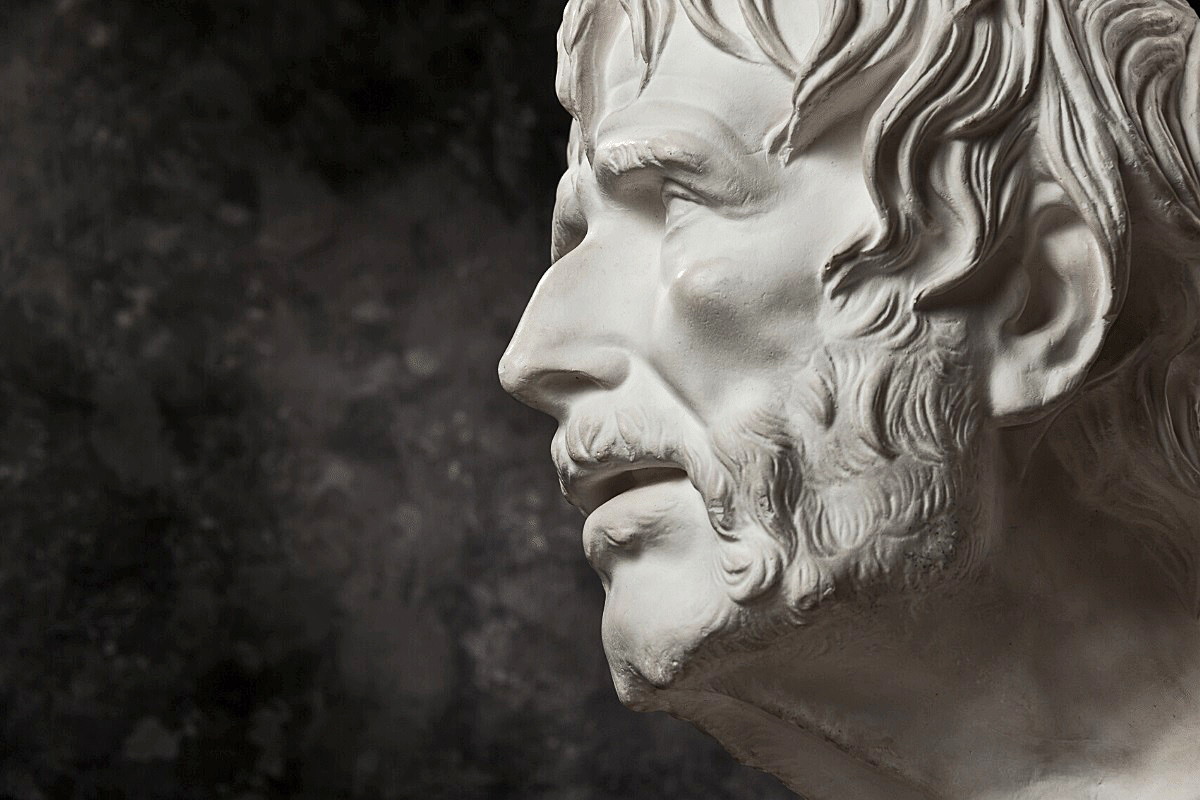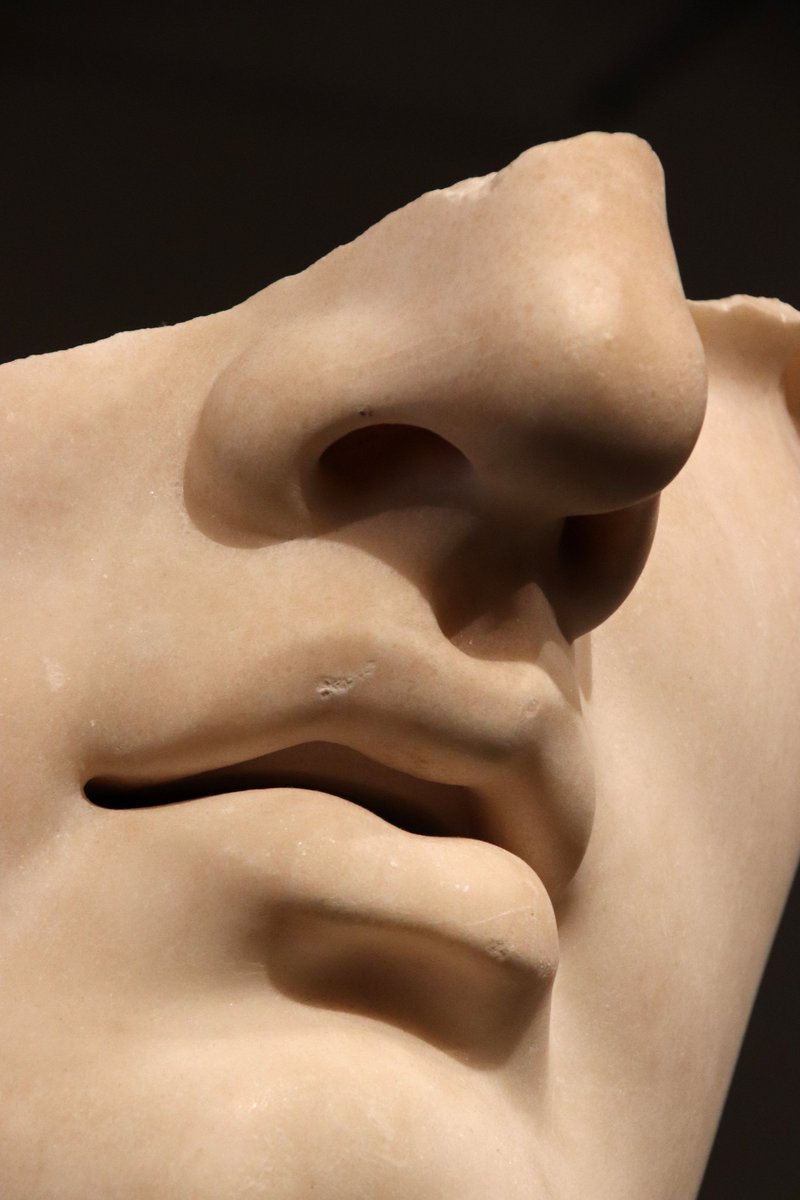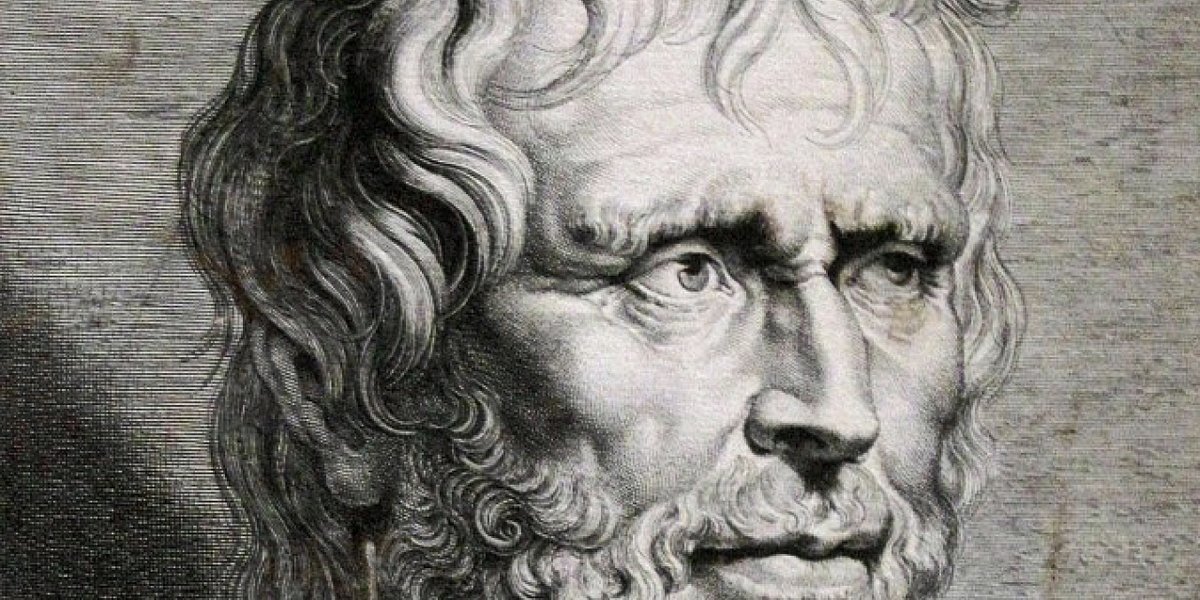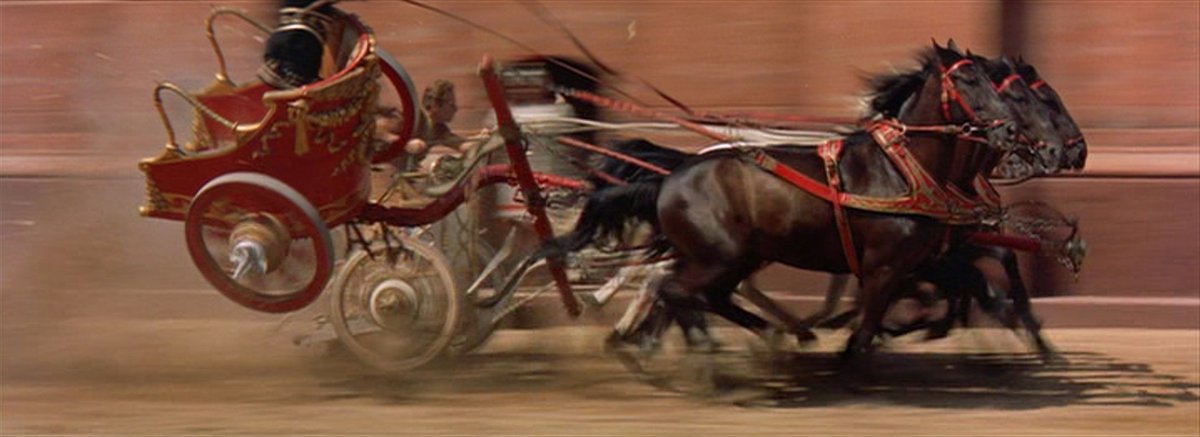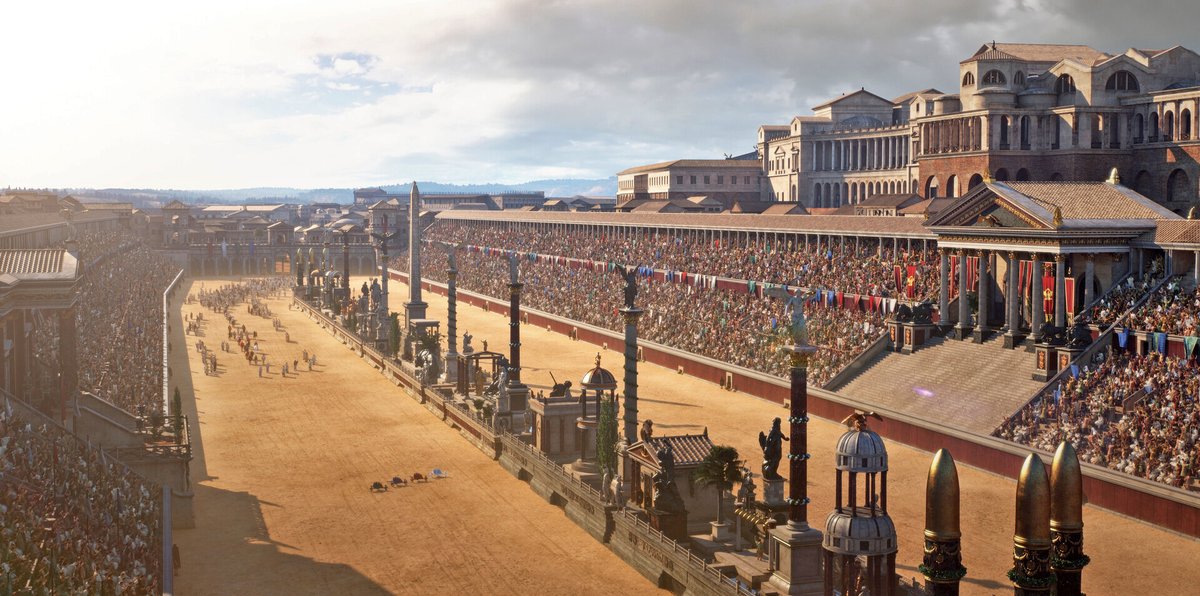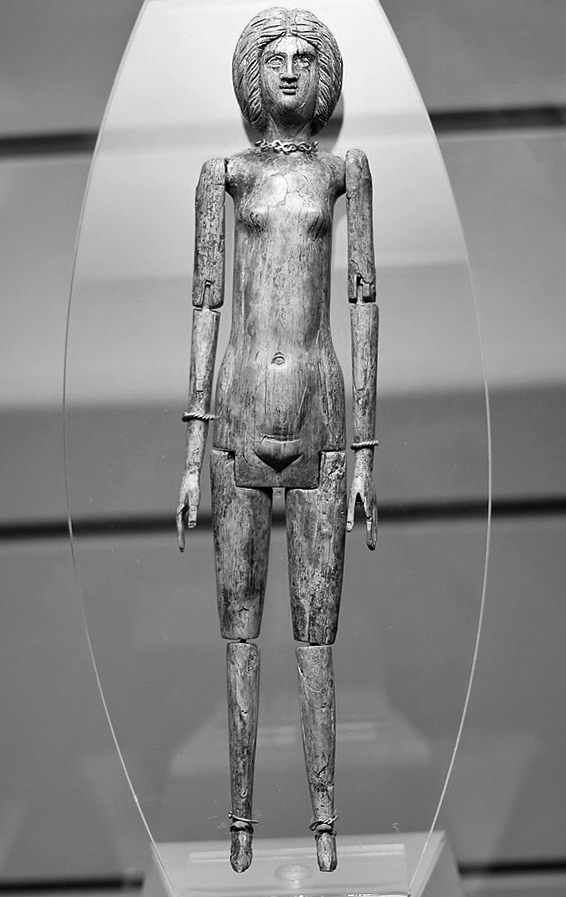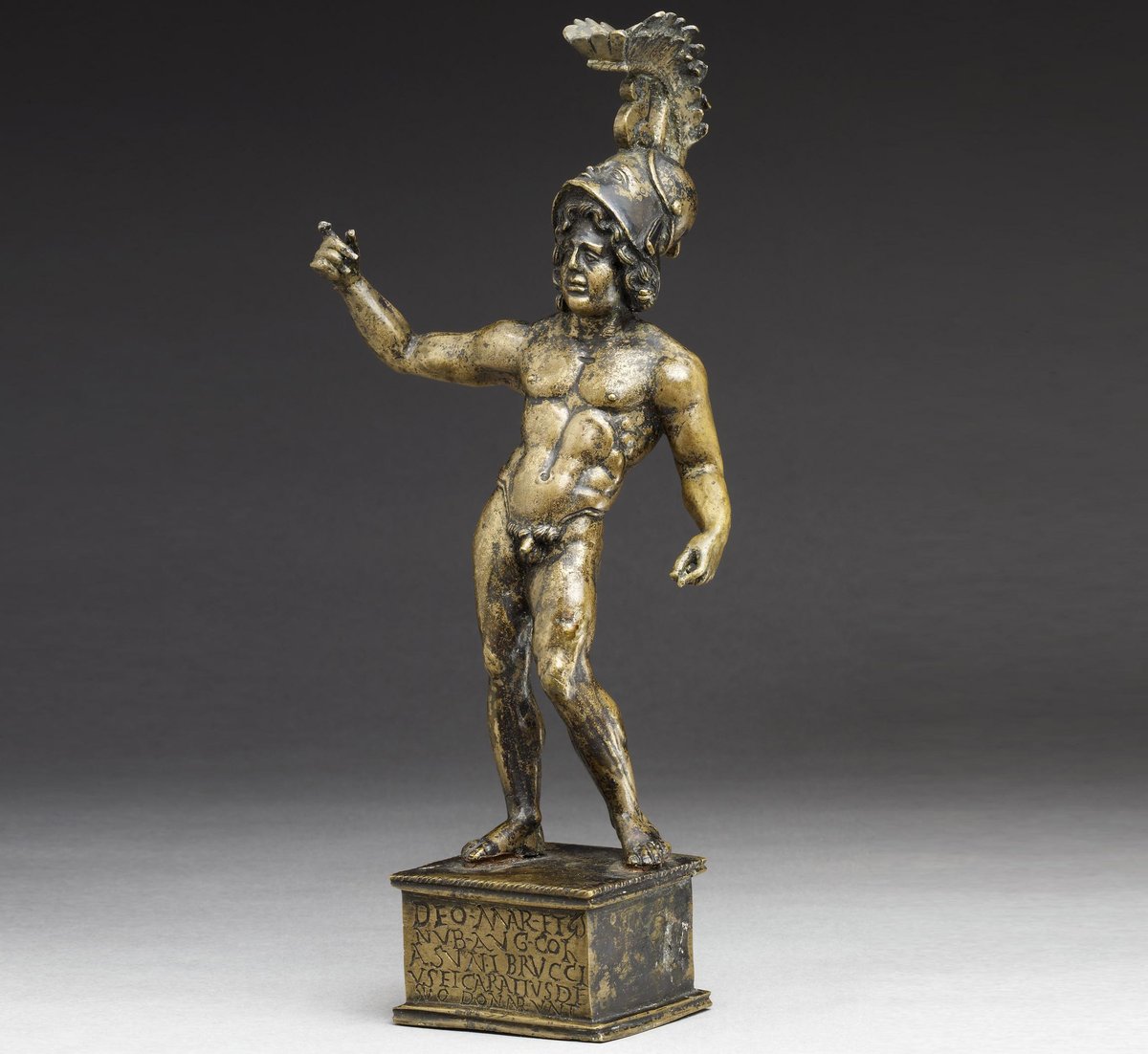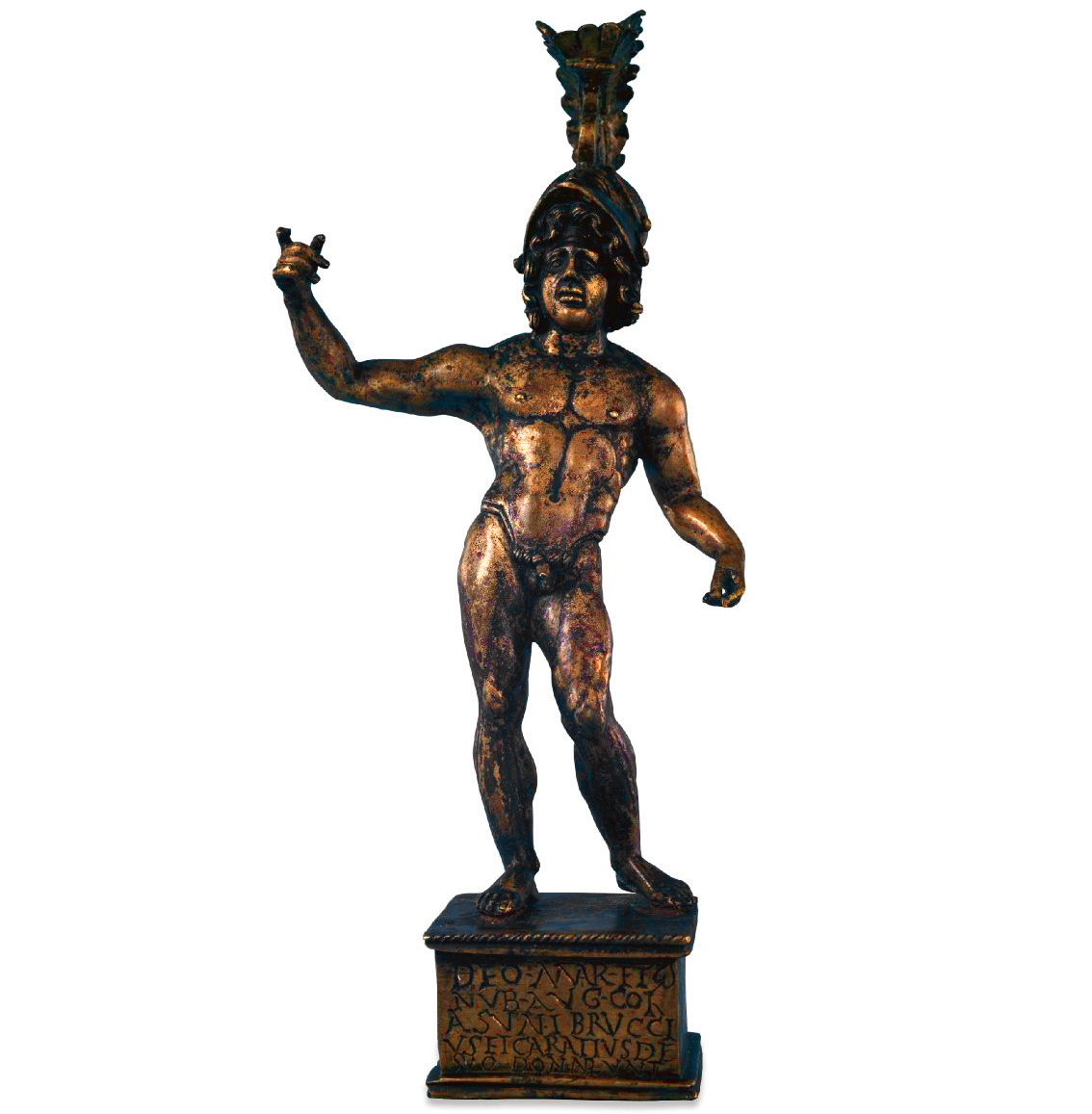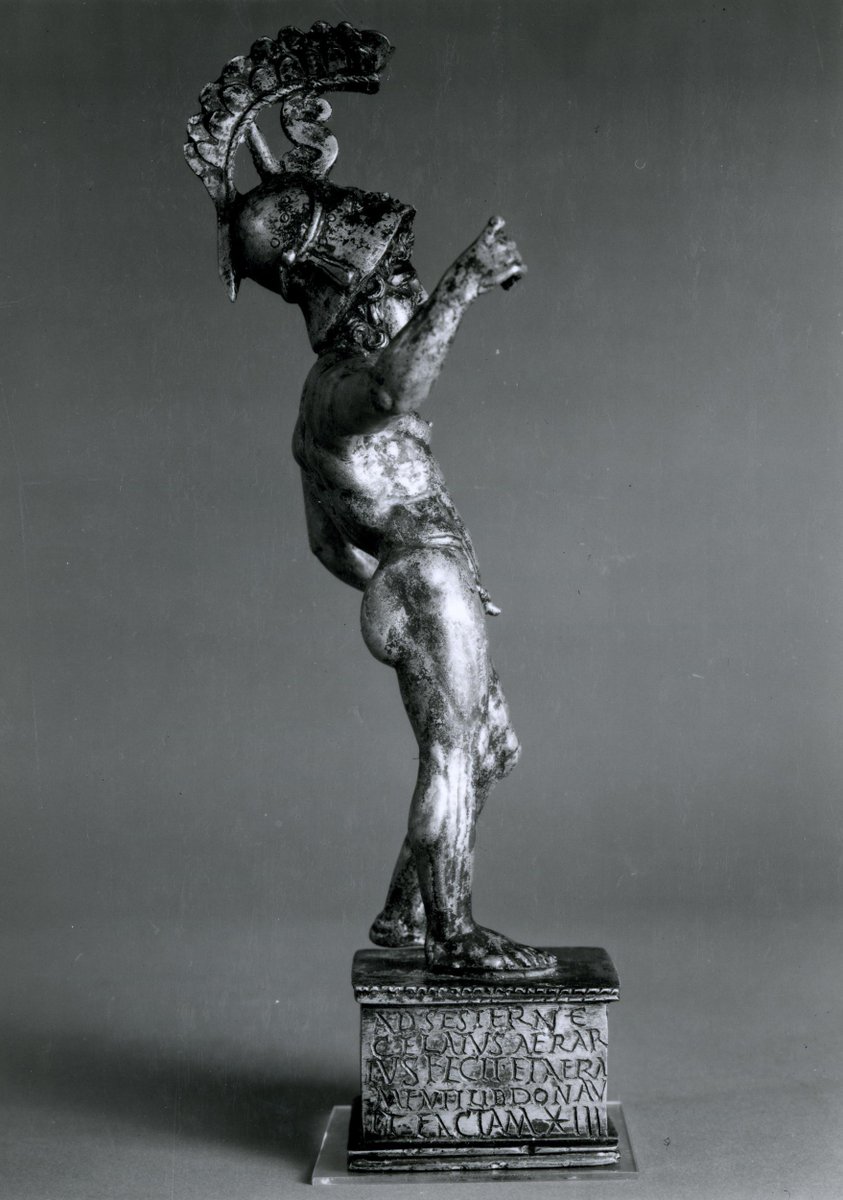
1/7) A powerful plea to the Emperor asking for religious tolerance ..coming not from a Christian, but from a Pagan - the senator Symmachus, petitioning the Emperor in 384 AD to preserve non-Christian monuments:
"Every man has his own customs and religious practices...
"Every man has his own customs and religious practices...
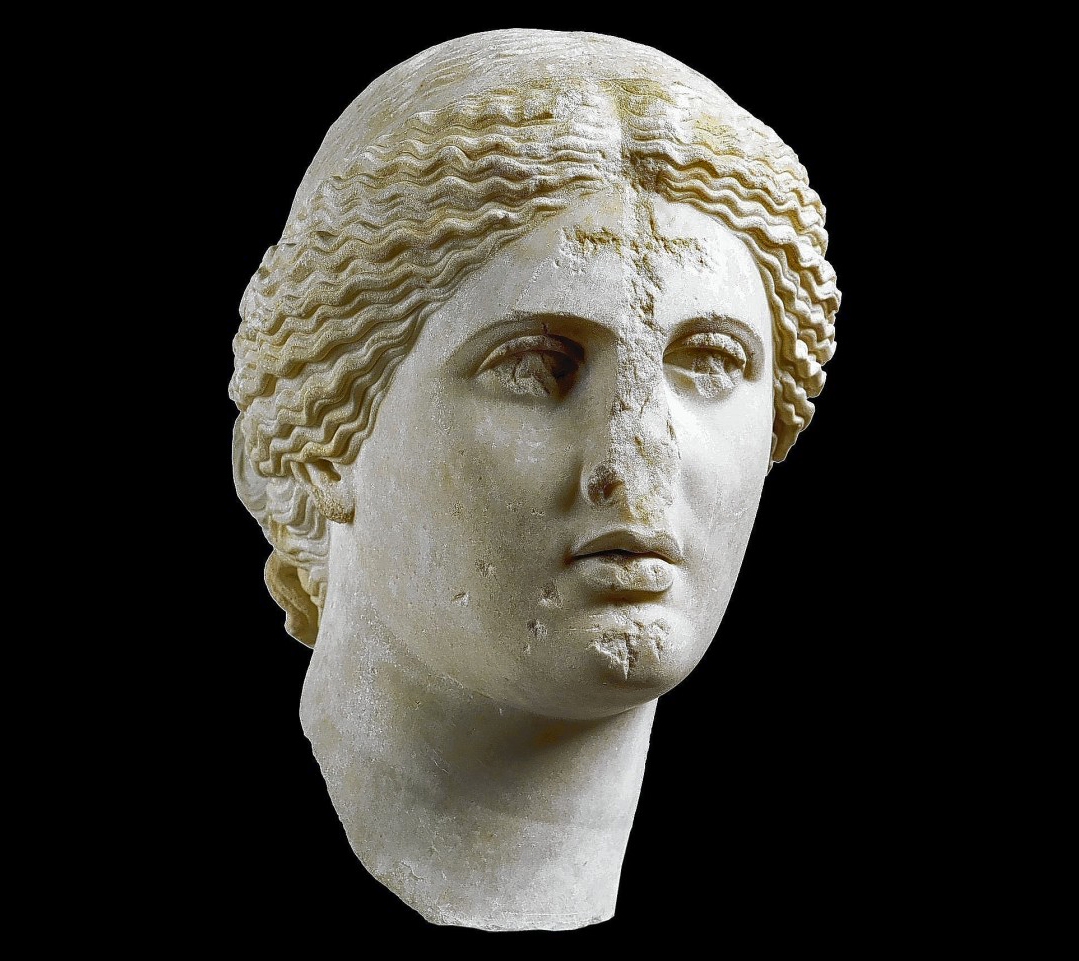
2/7) "Just as every man receives at birth his own soul, so every nation receives its genius, its guardian spirit, guiding its destiny. The favour we have been bestowed proves to us the existence of gods; nothing illuminates the will of the gods better than our own prosperity".. 
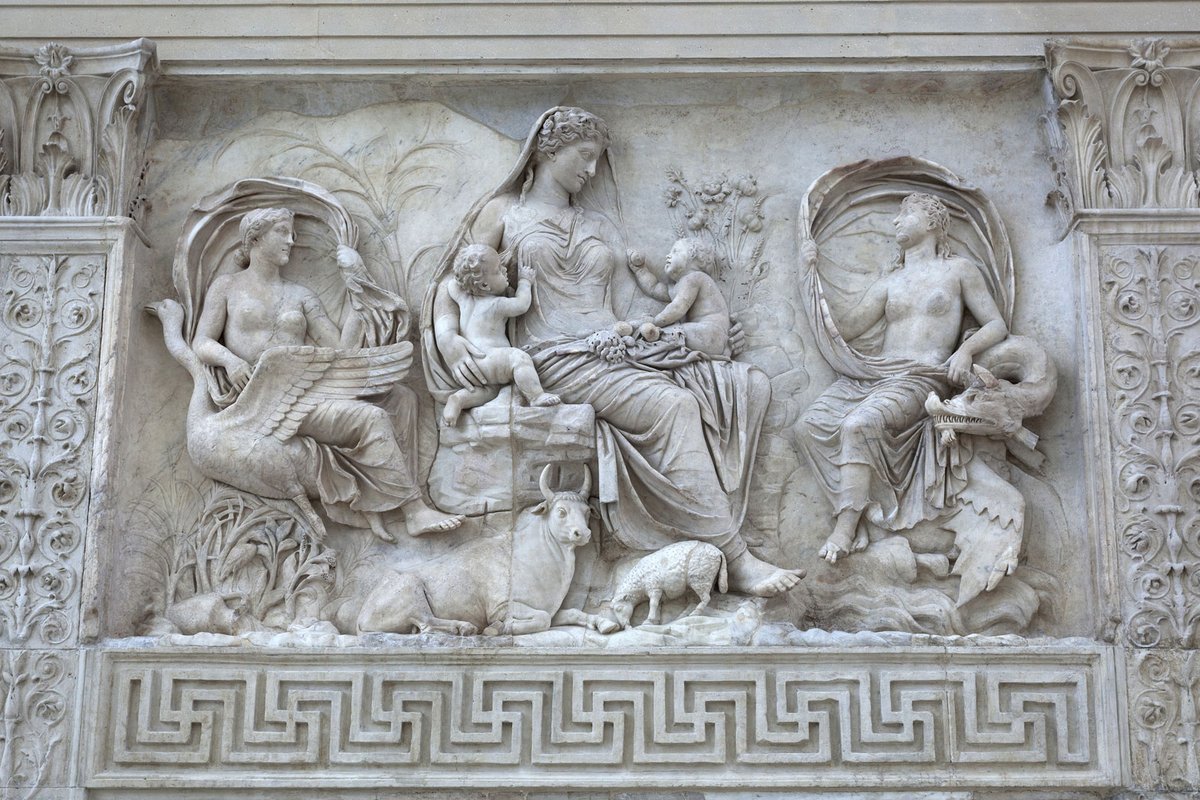
3/7) "We must preserve centuries of faith by following our fathers, who prospered by following their own fathers, and so on. Let us imagine Rome herself stands before us now, pleading of us: "Respect my age! Respect the religious rites that carried me through so many years"... 
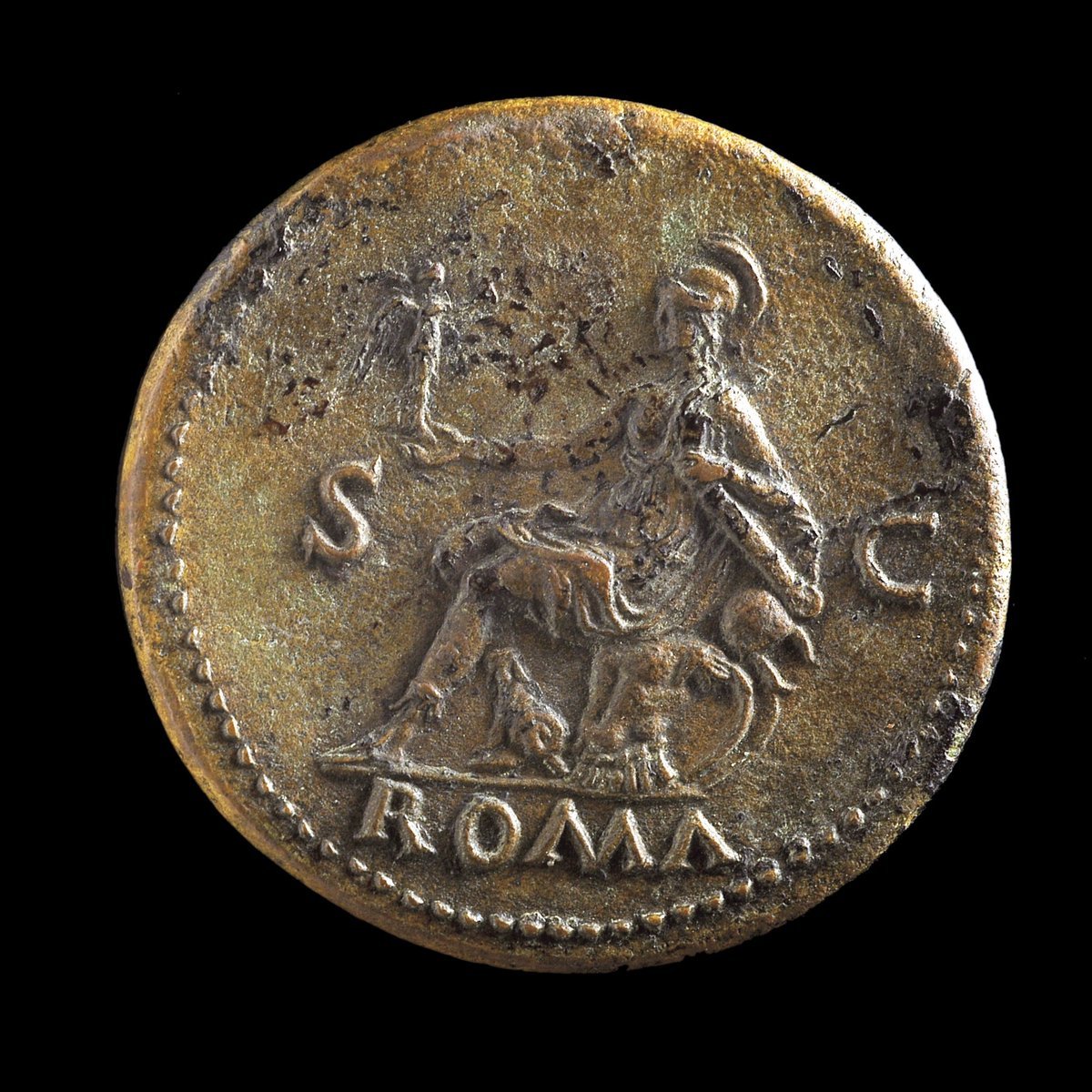
4/7) "She might ask of us: "..Let me enjoy the ancient ceremonies that made the whole world obedient to my laws, the rites that drove back Hannibal from my walls and the Gauls from my Capitol. Have I been preserved so long, just to be rebuked and humiliated in my old age?".. 
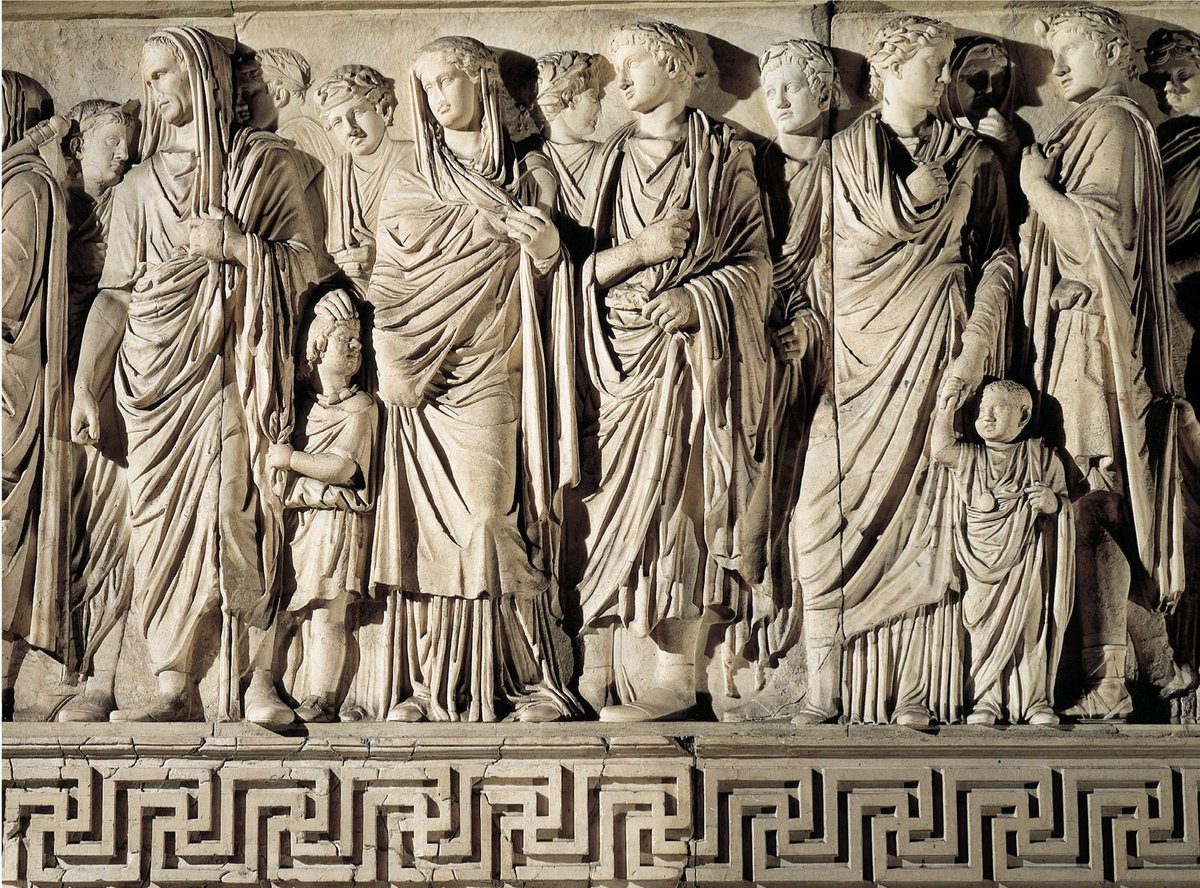
5/7) "So we beg you Emperor for amnesty. Amnesty for the gods of our fathers, for the gods of our homeland. It is unreasonable to ask that each of us worship in a manner that is one and the same".. 
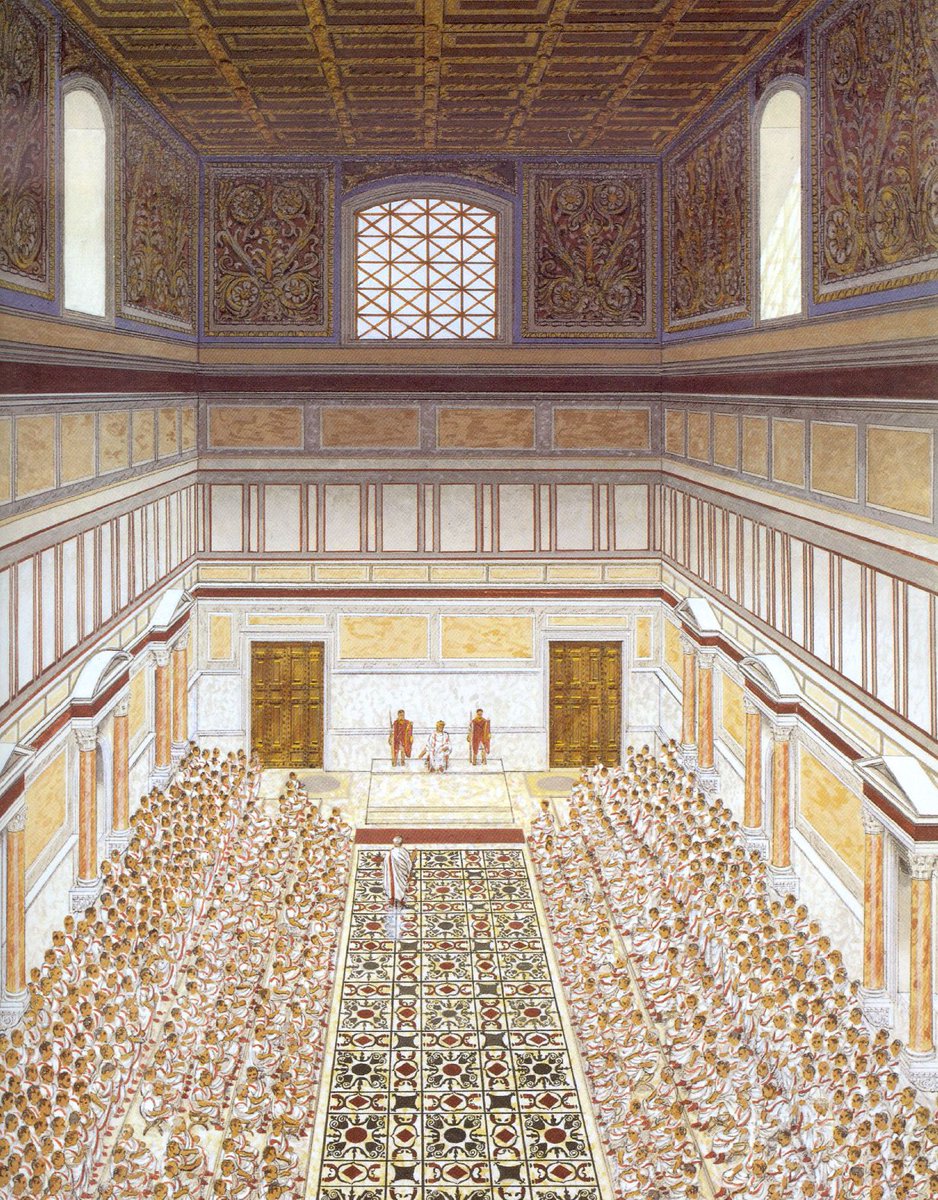
6/7) "We are all under the same sky, we all look up at the same stars, all encompassed by the same universe. What difference does it make which system each of us uses to find the truth? It is not by just one route that a man finds answers to so great a mystery." 
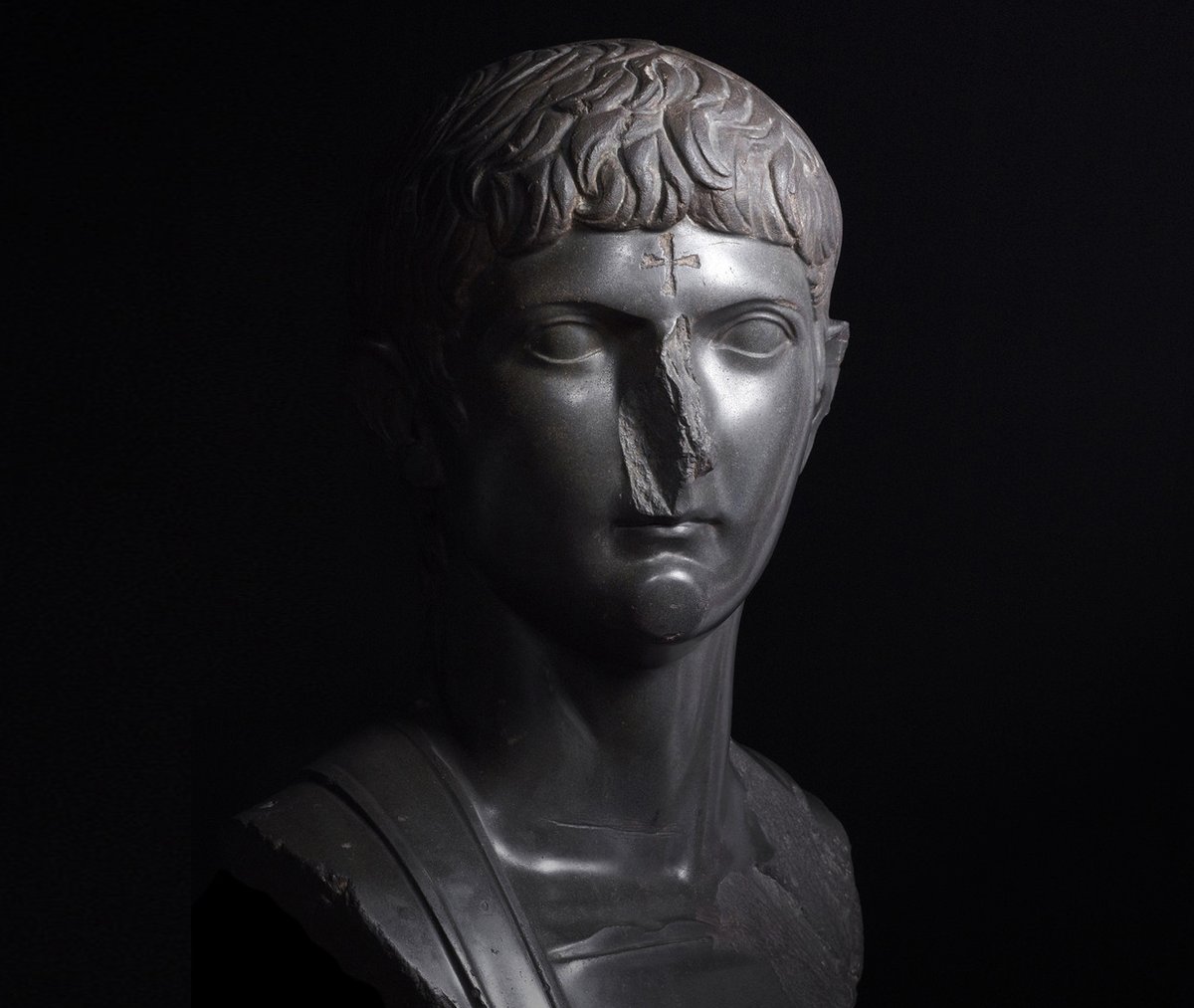
7/7) [The senator Symmachus, prefect of the city, petitioning the emperor Valentinian II in 384 AD - asking him to restore to the senate house Augustus's Altar to Victory which had been removed 2 years earlier.] #roman #religion #christianity #paganism #decline #heritage 
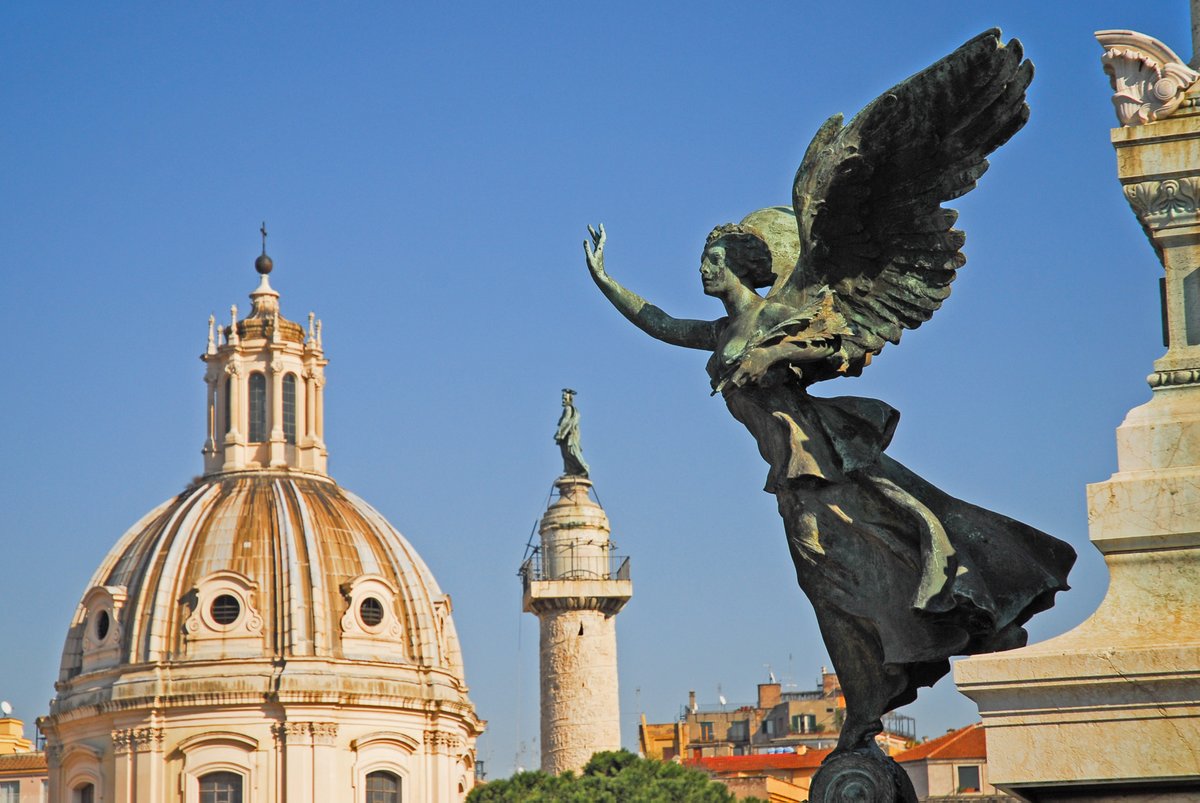
• • •
Missing some Tweet in this thread? You can try to
force a refresh

